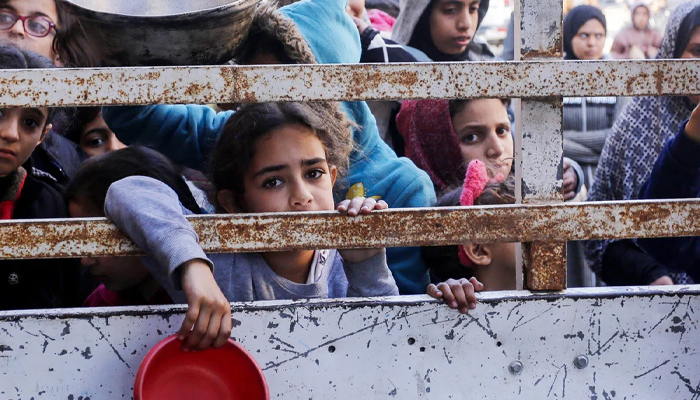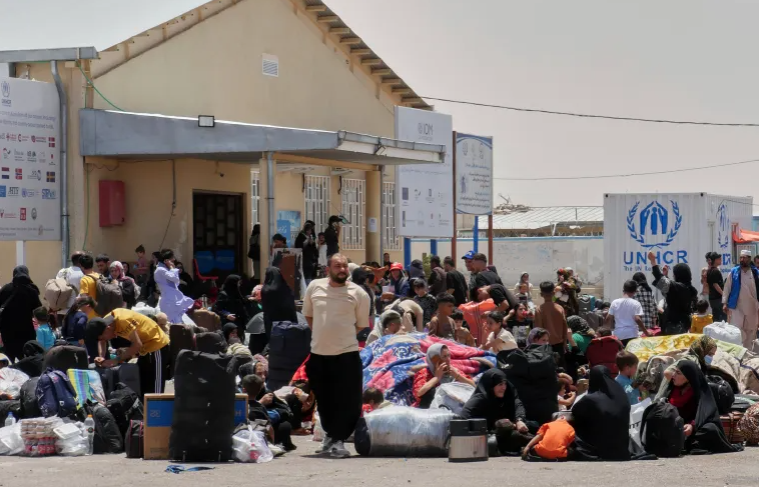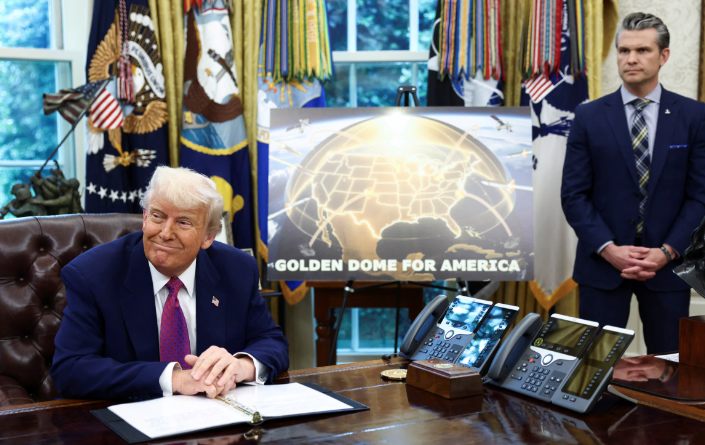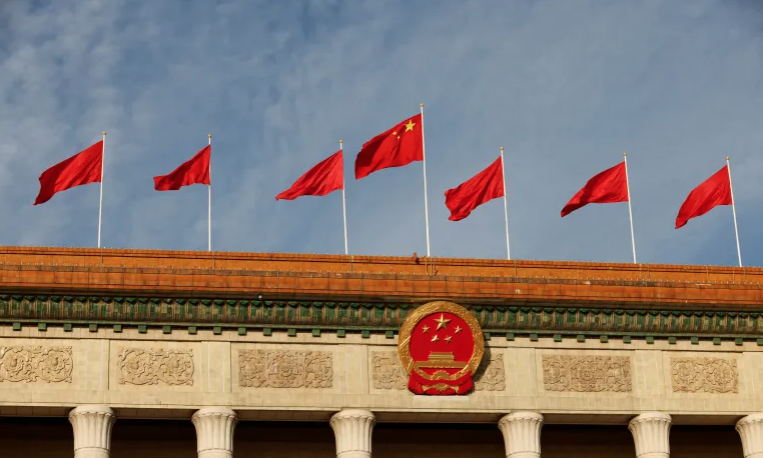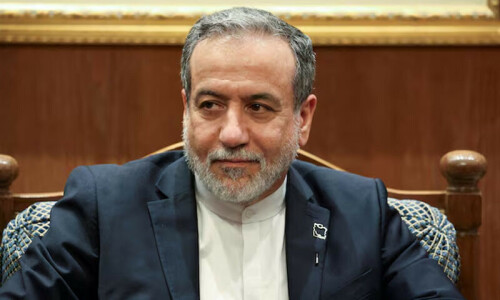WORLD NEWS
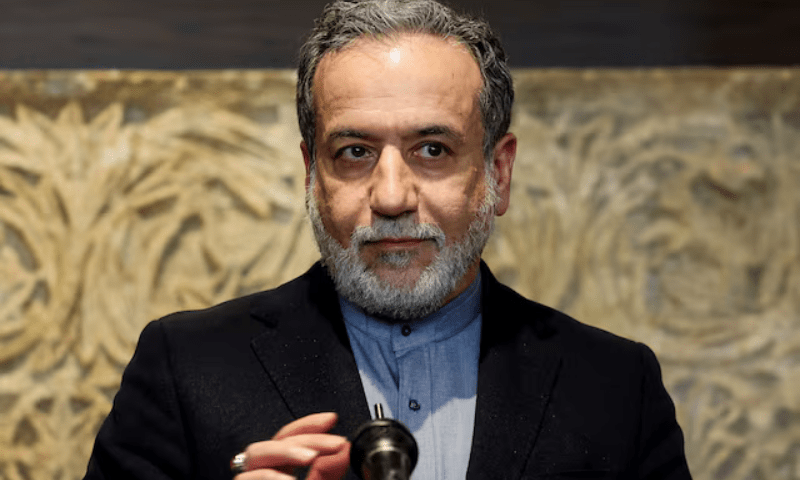
Iran has sharply criticized Britain, France, and Germany for threatening to trigger the UN sanctions snapback mechanism, calling the move “unjustifiable and immoral,” as tensions escalate over Tehran’s expanding nuclear programme.
At a press conference, Iranian foreign ministry spokesman Esmail Baqaei accused the European signatories of the 2015 Joint Comprehensive Plan of Action (JCPOA) of negligence and non-compliance, saying Iran's rollback of commitments was a direct response to Western failures.
“The European parties have been at fault and negligent in implementing the nuclear agreement,” Baqaei said.
🔸 The Original Deal and Its Collapse
The JCPOA was signed in 2015 between Iran and the five permanent members of the UN Security Council — the US, UK, France, China, and Russia — plus Germany. The deal imposed strict limits on Iran’s nuclear enrichment in return for sanctions relief.
However, in 2018, then-US President Donald Trump unilaterally withdrew from the agreement, reimposing sweeping economic sanctions on Iran. Despite European pledges to sustain the accord, efforts to counterbalance US sanctions failed, and many firms pulled out of Iran, deepening its economic crisis.
🔸 Uranium Enrichment Raises Alarm
According to the International Atomic Energy Agency (IAEA), Iran is now the only non-nuclear-armed country enriching uranium to 60%, a level far above the 3.67% cap set by the JCPOA and dangerously close to the 90% needed for a nuclear weapon.
This has alarmed Western powers, particularly France, Britain, and Germany, who in recent weeks have warned they may invoke the deal’s snapback clause, which could reimpose UN sanctions that were lifted under the original agreement.
But Tehran insists its actions are in line with the deal’s provisions allowing reciprocal measures if other parties violate the terms.
“Iran’s reduction of its commitments was carried out in accordance with the provisions outlined in the agreement,” Baqaei said.
🔸 Diplomatic Deadlock
The threat of reimposing international sanctions could further isolate Iran, but analysts say Europe faces a diplomatic dilemma, especially as tensions remain high in the Middle East and with Iran already under heavy US sanctions.
Tehran maintains that diplomacy remains open, but insists that any resolution must involve lifting sanctions and restoring mutual compliance.
As of now, no official move has been made to trigger the snapback mechanism, but the rhetoric on both sides signals a potential new diplomatic standoff, with global implications for nuclear non-proliferation, energy security, and Middle East stability.
